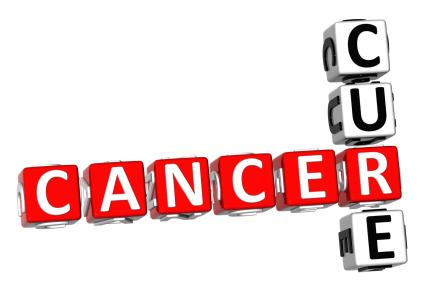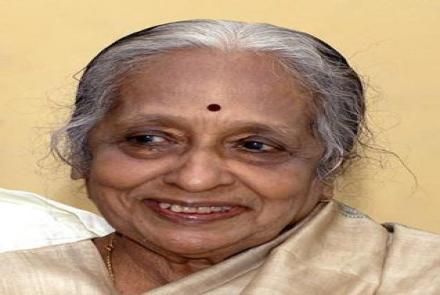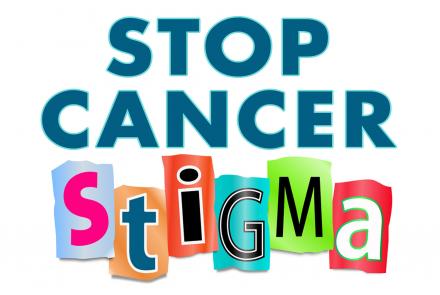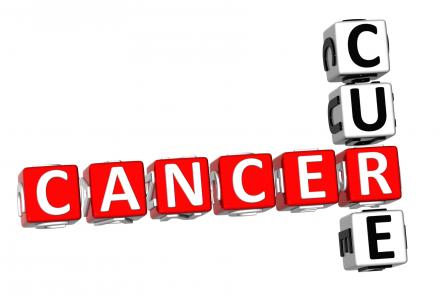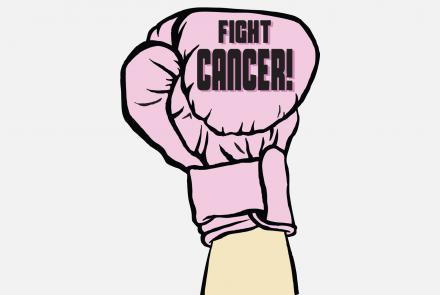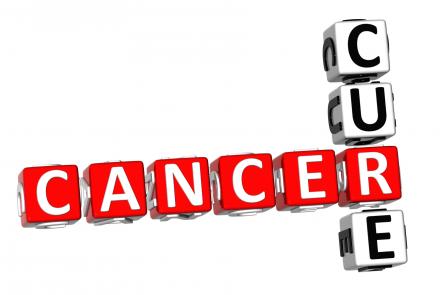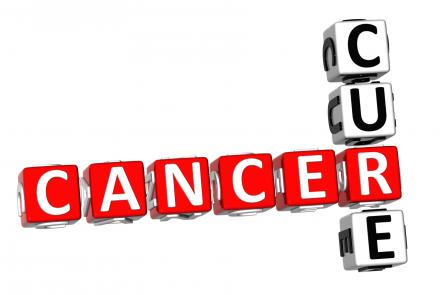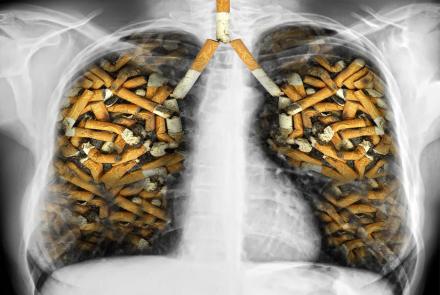Chemotherapy and radiation failed to work on Erika Hurwitz's rare cancer of white blood cells. So her doctors offered her another option - a drug for melanoma. Within 4 weeks, her cancer was undetectable.
Mrs. Hurwitz is part of a new national effort in the United States to try and beat cancer basednot on what organ it startedin, but on what mutations drive its growth. There are now an increasing number of drugs that block mutations in cancer genes and can halt a tumour's growth.
The…
Cancer
- On the occasion of World Cancer Day, Dr V Shanta, Chairperson of Adyar Cancer Institute, Chennai, a doyenne in her field, talks to PatientsEngage about the challenges of tackling cancer in India. “India has state of the art facilities but it does not reach everyone.” PE: There are many differing views on how frequently one should have mammograms. You have said that annual mammograms are unnecessary. Dr. Shanta: I believe that we do follow the general guidelines laid…
- Broadcaster Jonathan Dimbleby – son of a BBC legend – tells Charlie Cooper how his father’s candour informed the family’s attitude to coping with illness Britain in 1965 was not a country that talked about cancer. So when one of the most recognisable men in Britain, the veteran broadcaster Richard Dimbleby, decided in October 1965 to go public with the fact that he was suffering from it, the announcement stunned the country. “The newspapers, when he said: ‘I have got cancer’, responded…
- Driven by the evidence, not by rhetoric or anecdote, we describe what the reality of research actually shows to be true. Myth 1: Cancer is a man-made, modern disease While it’s certainly true that global lifestyle-related diseases like cancer are on the rise, the biggest risk factor for cancer is age. Myth 2: Superfoods prevent cancer Blueberries, beetroot, broccoli, garlic, green tea… the list goes on. Despite thousands of websites claiming otherwise, there’s no such thing…
- The U.S. Food and Drug Administration today(December 22, 2014) granted accelerated approval to Opdivo (nivolumab), a new treatment for patients with unresectable (cannot be removed by surgery) or metastatic (advanced) melanoma who no longer respond to other drugs. Melanoma is often diagnosed late in people with darker skin and hence has higher malignancy. Opdivo works by inhibiting the PD-1 protein on cells, which blocks the body’s immune system from attacking melanoma tumors.…
- Michael Coleman, professor at the London School of Hygiene and Tropical Medicine, and one of the lead authors of the study told TOI that one reason for the low survival rates in India could be that equitable access to early diagnosis and optimal treatment is not yet available for all people in India. "Some of the most advanced medical facilities in the world can be found in Mumbai (for example), but they are out of reach of the vast majority of the Indian population," he said. "The inequality…
- Nine years later, against all odds, Mr. Telford is still alive. What saved him was an experimental immunotherapy drug—a medication that unleashes the body’s own immune system to attack cancer. His remarkable survival caught the attention of researchers, who began to realize that the way immunotherapy drugs were affecting tumors was unlike almost anything seen with conventional treatments. Today Mr. Telford is among a growing group of super-survivors who are transforming the world of…
- The U.S. Food and Drug Administration (FDA) has approved CYRAMZA® (ramucirumab) in combination with paclitaxel (a type of chemotherapy) as a treatment for people with advanced or metastatic gastric (stomach) or gastroesophageal junction (GEJ) adenocarcinoma whose cancer has progressed on or after prior fluoropyrimidine- or platinum-containing chemotherapy. CYRAMZA now has two FDA approvals for these patients. Today's announcement follows the April approval of CYRAMZA as a…
- More than half of bladder cancers in the US are the result of smoking, and 90 per cent of smokers with the disease are aware of the connection, according to a new study. "Bladder cancer is actually the second most common smoking-related cancer, second only to lung," said lead author Dr. Jeffrey C. Bassett of Kaiser Permanente Southern California in Anaheim. Although previous studies had suggested that few people understood the connection between bladder cancer and tobacco, this new study found…

